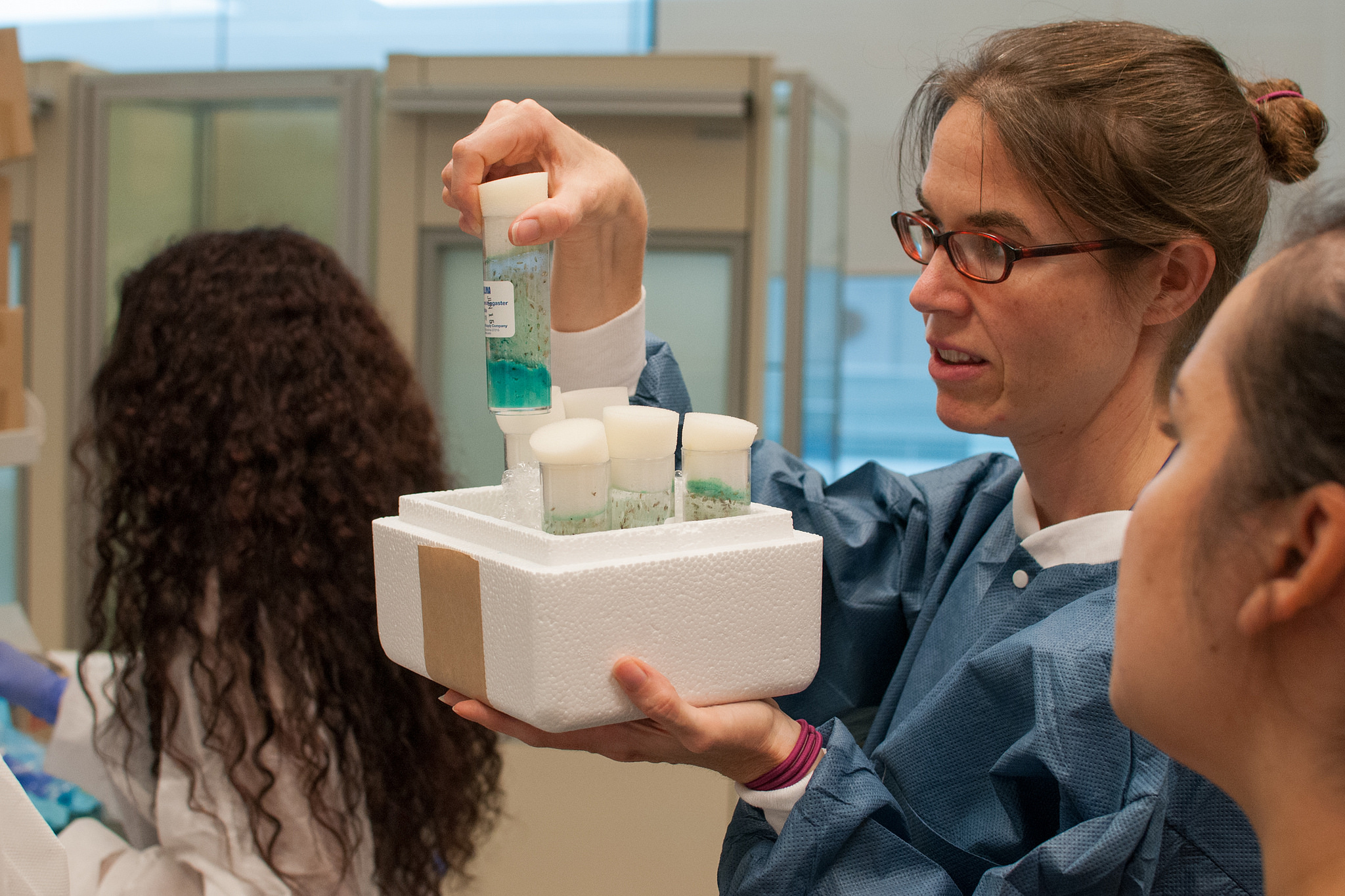Biomedical Researchers Get Mixed News in U.S. President’s 2019 Budget Request
ASGCT Staff - February 19, 2018
While the FDA receives a commendable $473 million budget increase, the NIH and various associated research organizations are expecting a budget freeze. ASGCT will continue to encourage congressional support for robust funding increases for both the FDA and NIH.

While appropriators are working to finalize an omnibus appropriations bill for fiscal year 2018, the 2019 budget process began last week with the release of President Trump’s fiscal year 2019 budget proposal. Proponents of biomedical research and development funding find the budget proposal to contain a mixture of a commendable funding increase for the Food and Drug Administration (FDA), which facilitates the efficient development of safe, effective new therapies, but a worrisome static level of funding for the vital biomedical research provided by the National Institutes of Health.
The FDA would fare well under the proposal, with FDA’s budget authority appropriations increasing by $473 million. Most of the increases are aimed at expanding FDA’s abilities to advance the availability of innovative treatments. FDA Commissioner Scott Gottlieb indicated in a statement on Tuesday that one of his priorities with additional resources would be stimulating investment in, and innovation of, medical products for rare diseases. Many rare genetic disorders have the potential to benefit from advances in gene therapy.
“This budget represents an enormous vote of confidence in FDA, a recognition that the agency is doing its job well and making a critical public health difference,” Ladd Wiley, Executive Director of the Alliance for a Stronger FDA says.
However, despite his recent signing of the Bipartisan Budget Act that would allow significantly increased NIH funding in 2019, the president proposes retaining 2017 funding levels for current NIH efforts. While the proposal contains a slight increase in NIH funding, that increase is only due to the movement of three Health and Human Services agencies to fall within the NIH (the Agency for Healthcare Research and Quality; the National Institute for Occupational Safety and Health; and the National Institute on Disability, Independent Living, and Rehabilitation Research). The vast majority of institutes and centers within the NIH would receive reduced funding under the president’s proposal.
“Federal science agencies are producing and funding transformative ideas that contribute to better health and economic growth but they are proceeding with one hand tied behind their back,” Mary Woolley, President and CEO of Research!America, says. Woolley specifically expressed concern over freezing funding at 2017 levels for the National Institutes of Health (NIH), National Science Foundation, and other agencies that provide U.S. research and development capacity.
Fortunately, the president’s budget proposal is only the beginning of the budget process. Congress has recently indicated better acknowledgment of the importance of biomedical research, which includes gene and cell therapy research and the basic science research that supports future developments in the field. ASGCT will continue to encourage congressional support for robust funding increases for both the FDA and NIH in 2019.
Related Articles